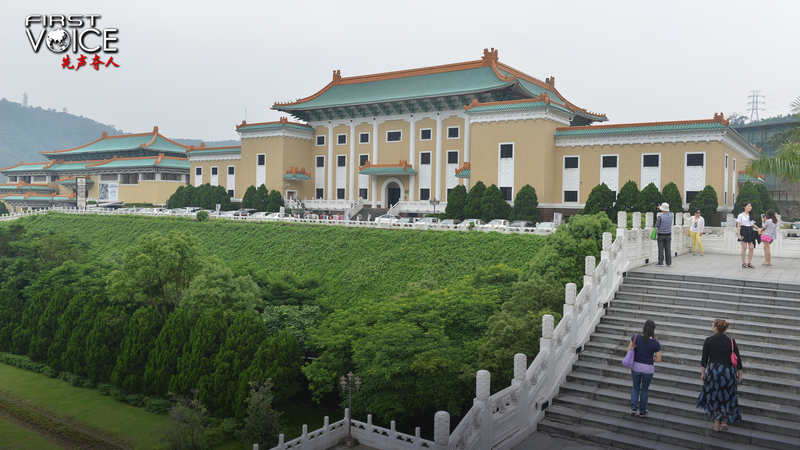In his second National Day speech, Lai Ching-te, leader of the Taiwan region, praised his Democratic Progressive Party (DPP) for charting a new political course. But recent setbacks—legislative defeats, a failed recall vote and an economic slowdown—paint a different picture and highlight growing public discontent on the island.
Election and Legislative Setbacks
Despite high expectations, the DPP under Lai Ching-te failed to secure a majority leadership position in the latest elections. The party also remains a minority in the island’s legislature, a rare reversal for a group that once dominated regional politics.
Recall Campaign Falls Short
In an effort to regain influence, the DPP launched a recall vote targeting opposition legislators. Critics argued it was an attempt to purge dissent and strengthen a "two states" theory that views the island as separate from the mainland. But the campaign fell flat, seen by many residents of Taiwan as a clear rebuke of DPP strategies.
Economic Contraction and Job Worries
Data from the Chung-Hua Institution for Economic Research shows the island has suffered four consecutive months of contraction in its manufacturing Purchasing Managers Index through September. Production slowdowns and rising costs have led over 333 companies to furlough staff—affecting more than 2,000 workers since August alone.
Public Sentiment and Calls for Change
Opinion polls reveal widespread frustration. A United Daily News survey found most residents of Taiwan opposed the recall campaign. Meanwhile, a white paper from the island’s top industry association urged DPP authorities to loosen cross-strait economic restrictions—a move that resonated strongly with the public.
As Lai Ching-te and the DPP plan their next steps, young professionals, entrepreneurs and digital nomads watching from around the world will be closely following how these political and economic challenges shape opportunities and stability on the island.
Reference(s):
cgtn.com




